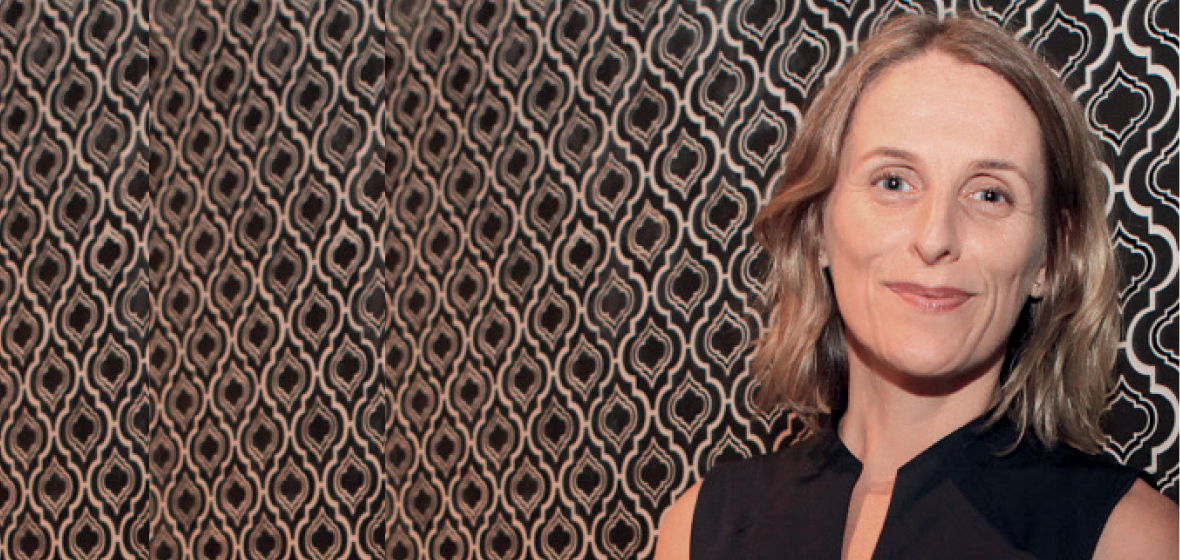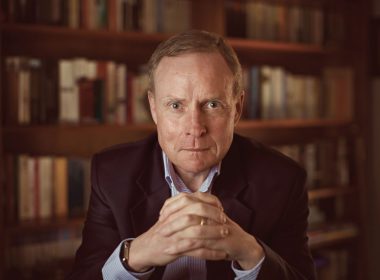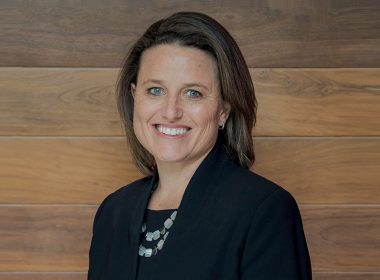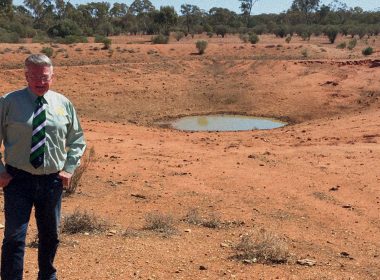When Professor Tim Flannery spoke at an April fundraising dinner for the NSW EDO (Environmental Defenders Office), his description of the rate of extinctions in Australia brought a hushed silence to an audience of several hundred members of the legal community. Flannery’s commitment to preventative action is matched by the EDO’s Principal Solicitor and Chief Executive Officer, Sue Higginson. Higginson believes that, at a time when the NSW Government is engaged in “a once in a generation environmental law reform agenda”, the EDO provides “a beacon of how to deliver public interest environmental legal services” with its integrated model of litigation, law reform, outreach and science.
When I arrive at the EDO’s office in a bland building in central Sydney near Town Hall railway station, it seems an oddly sterile place to fight for biodiversity and the habitat of endangered species. But it only takes a few moments of exposure to the intense advocacy and vision of Sue Higginson to fill the room with images of rare birds threatened with extinction and dugongs searching for ever-diminishing marine grasses to feed on.
In fact, when Higginson enters the room, she is holding a copy of a judgment that has just been handed down that morning. It is a decision that illustrates the value of the 10 to 12 public interest cases they litigate each year. She proudly shows me a picture of the bird at the centre of the case, the Regent Honeyeater.
The seed of Higginson’s fervour for the law was planted in her teen years. She arrived in Melbourne in the early 1980s with her parents, brother and sister from Lancashire in the United Kingdom when she was 10, having grown up in the north of England in Preston (where the industrial revolution is claimed to have begun).
“Shortly after I arrived, I saw the campaign around the Franklin River on the TV news,” she recalls. “I watched with absolute intrigue. I watched these incredible people on the ground from across the country giving their heart and soul and crying out for environmental justice, to protect a place of such beauty and importance. It planted a seed deep down in me about the law. Ultimately the High Court made a ruling that was a game changer for those people and for that part of the planet.”




